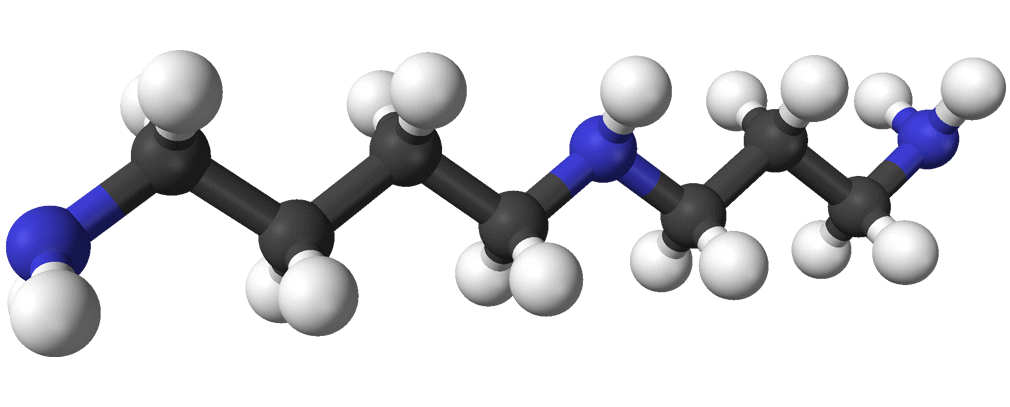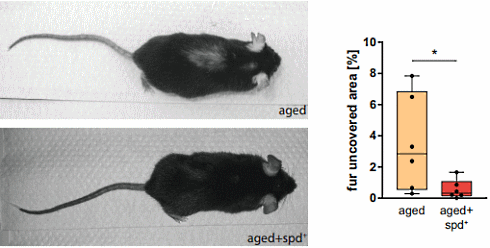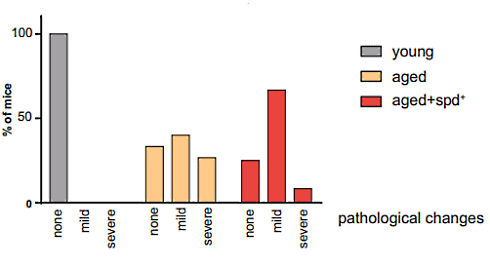Spermidine keeps the heart young | Animal study
Supplementation with spermidine may slow down cardiovascular aging. This is suggested by a German animal study, published in GeroScience, in which researchers gave mice a fairly high dose of spermidine.

Study
German molecular scientists from Hanover Medical School gave middle-aged to elderly mice spermidine via their drinking water every day for 6 months. A control group was given drinking water without any additives.
After 6 months of supplementation, the researchers compared both groups of mice with each other - and with a group of relatively young mice.
Results
Old mice lose some of their fur, but spermidine supplementation counteracted this.


In the heart muscle of older mice in the control group, the researchers found signs of mild and severe degeneration due to aging. However, spermidine supplementation reduced the signs of severe degeneration.
At the molecular level, aging leads to a decrease in the telomeres in the DNA of the cells. The more intense aging processes, the faster the telomeres disappear. When the researchers determined the percentage of heart cells with a relatively large number of telomeres, they saw that spermidine supplementation had slowed down telomere erosion.

Dosing problem
The human equivalent of the dose used in this animal study is of the order of several hundred milligrams per day. We are not aware of any supplements with such amounts.
Supplements contain several milligrams per capsule. Those are doses that reflect how much spermidine people can consume through their regular diets. The dose the Germans used is of a different order.
Comments
Post a Comment